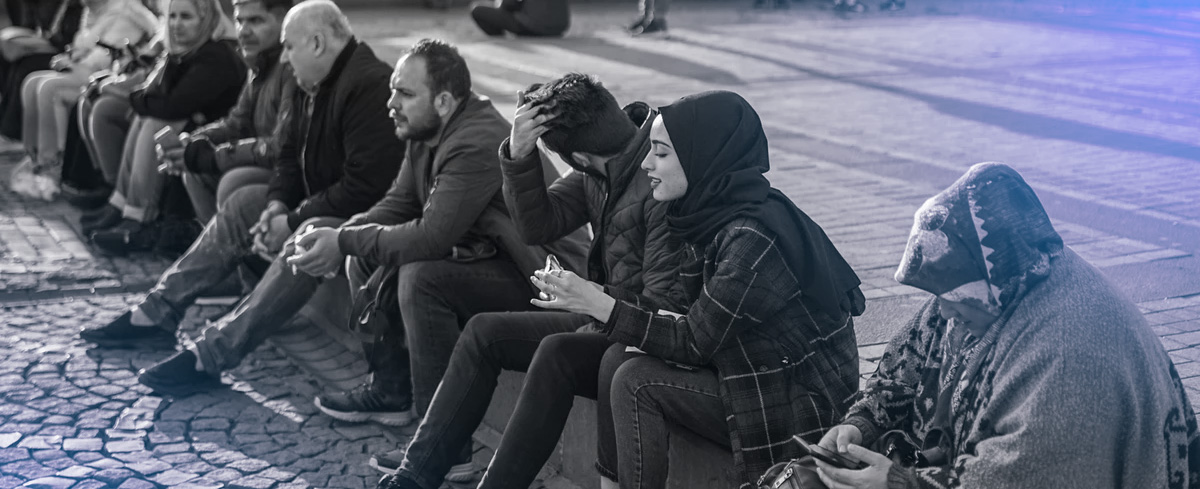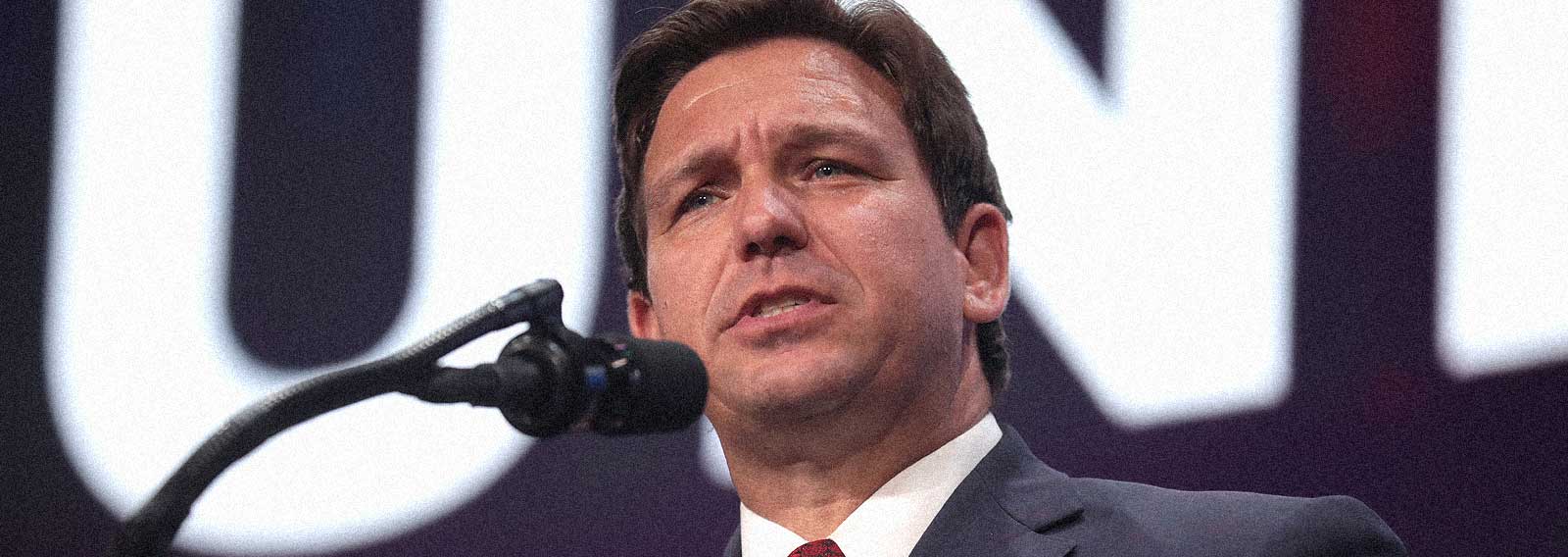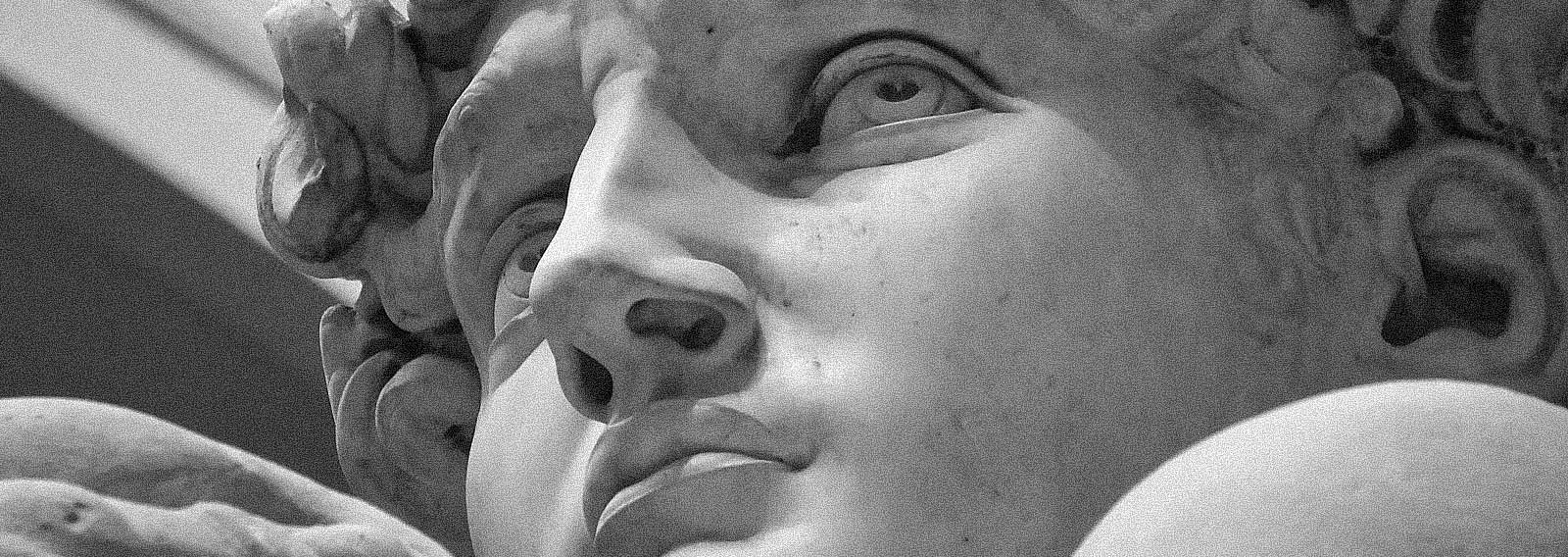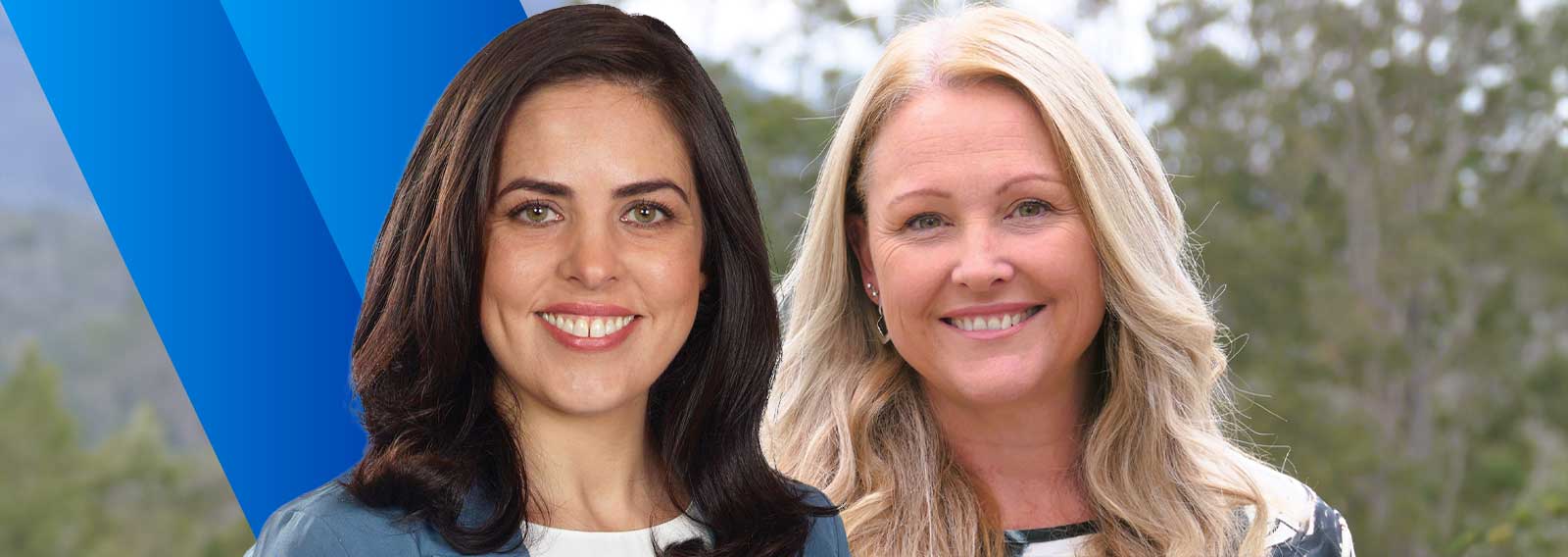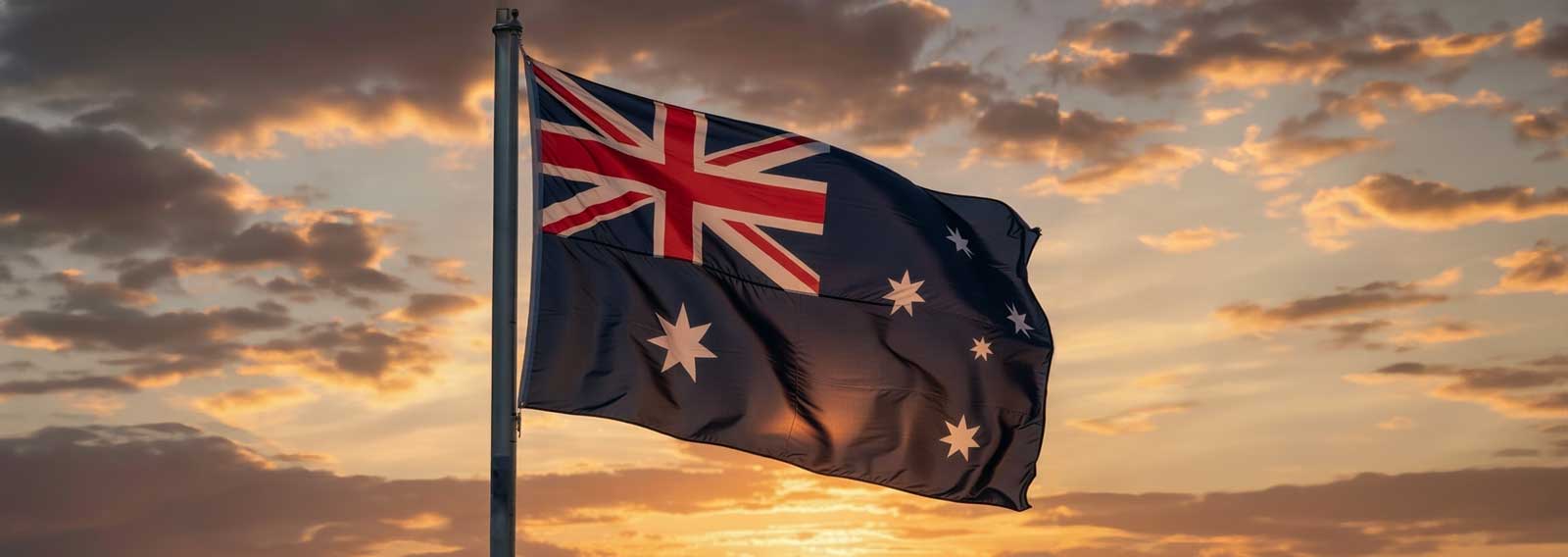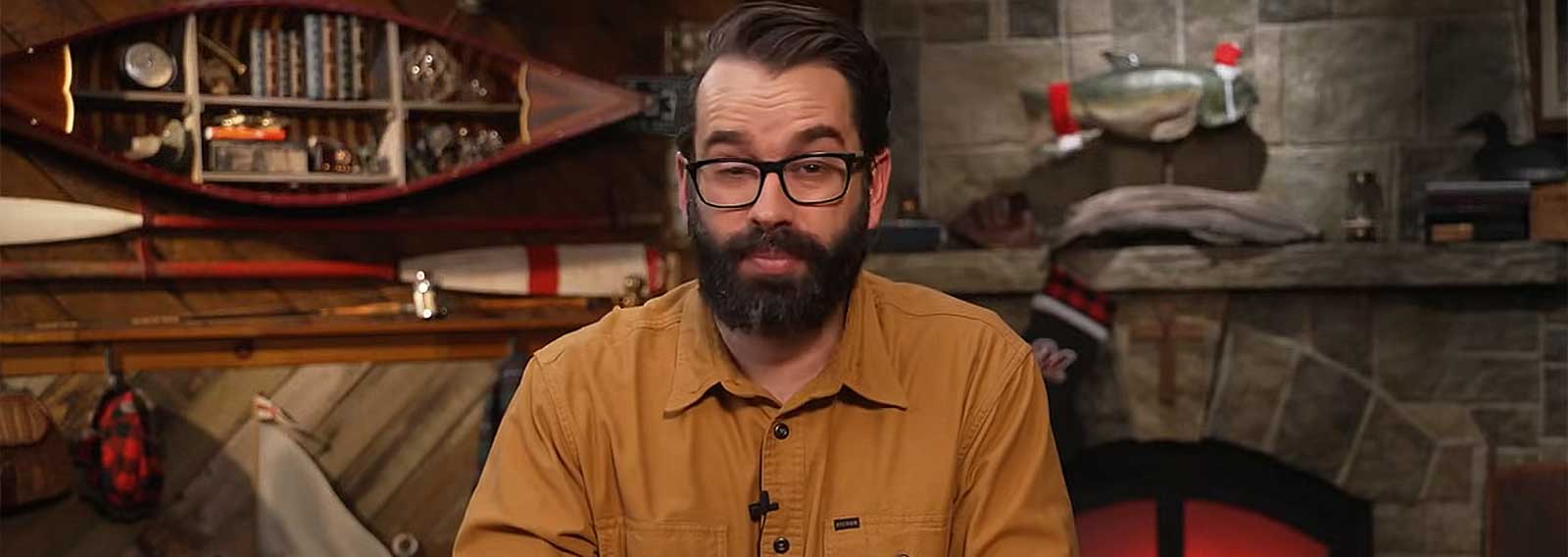Paris, Rome, Barcelona, Cairo, Vienna, St Petersberg, Venice, Rio de Janeiro.
So many great cities. So many culturally identifiable features and attractions. That’s what makes the world fascinating, inspiring people to travel and experience the sights, sounds and atmosphere in each of these unique places.
Australia, a vast land of desert, sun and surf. A climate as varied as the many different backgrounds of people now residing in her cities. Sydney, Melbourne, Brisbane and Perth are quite the melting pots of cultures. A good thing, I hear many say. They bring a variety of foods, clothing and perspectives that broaden our own horizons. But let’s stop and ponder the way this multiculturalism is headed in this beloved country of ours.
Australian political ethologist Frank Salter, author of On Genetic Interests: Family, Ethnicity, and Humanity in an Age of Mass Migration published in 2003, argued that multiculturalism enabled a system that swamps Australia with overly generous immigration policies. He asserted that population growth becomes deleterious to Australian democracy since immigration is part of the quid pro quo provided to ethnic minorities in exchange for votes. Our more “progressive” side of the political spectrum has often supported increased multiculturalism as a guise for the desire for power, not unlike the unscrupulous tactics used by Democrats in the USA. Furthermore, failure to regulate population growth is known to cause undue suffering and socioeconomic dislocation. The positive side of multiculturalism has historically overshadowed any talk of such nuances Salter assessed in detail.
Another aspect of the debate, stemming from the political motives of multiculturalism, is the migrant intake itself, and what limits we ought to have on it. Consider the analogy of Australia as a house, and Australians a family unit within that house. The family has to consider the room they have in their house to be able to accommodate more people to live with them. The infrastructure within the house has to be suitable to the number of people it will inhabit. Further to that is who the family will choose to invite into their home. It is their prerogative to discriminately select those people who would agree to uphold the household rules set by the host family and value their property. The guests may have their own identity and culture, but at least that of the host family must be respected. So too Australia has a sovereign right to cap immigration rates to suit its own infrastructure (healthcare, roads, education, etc), as well as select those migrants who are more likely to uphold Australian values and assimilate into its culture. If it does not work on the micro scale, it will not work on the macro scale.
What ends up occurring in our society’s discourse regarding immigration is either a shying away from such discussions to avoid being labelled as a bigot or racist, or an emotion-based conflict of ideologies that battles over which side is being more “humane” with their immigration and refugee policies. And this is where I come in. I am a second generation migrant with English as my second language and Islam as the family religion. I grew up in an eastern suburb of Sydney with a relatively low socioeconomic status, yet people in that community didn’t care that I looked different. I hadn’t experienced racism, let alone knowing what racism was; and this was in an area largely homogenous with Caucasian people.
In spite of being from a migrant family, it makes no sense to me for Australia to become anything like where my family came from. When being adopted into a new country, we may maintain a sense of identity from our heritage, however, we now identify ourselves as Australians first and foremost. This means we call Australia home and embrace its own unique culture as opposed to trying to reshape it. If we attempt to incorporate other cultures into the Australian one for the misguided sake of ‘diversity’, we rather create a confused homeless culture that no Australian would appreciate. For just as people travel to countries such as Italy, Spain, Thailand and Egypt for their unique cultural experiences, so too we ought to maintain Australia’s identity for people from other countries to experience.
From a migrant to all Australians: what I put forward is the case for a multiethnic Australia unified by our Aussie way of life, rather than a multicultural nation of enclaves that ultimately form rifts of divided allegiances against their fellow Australians.



